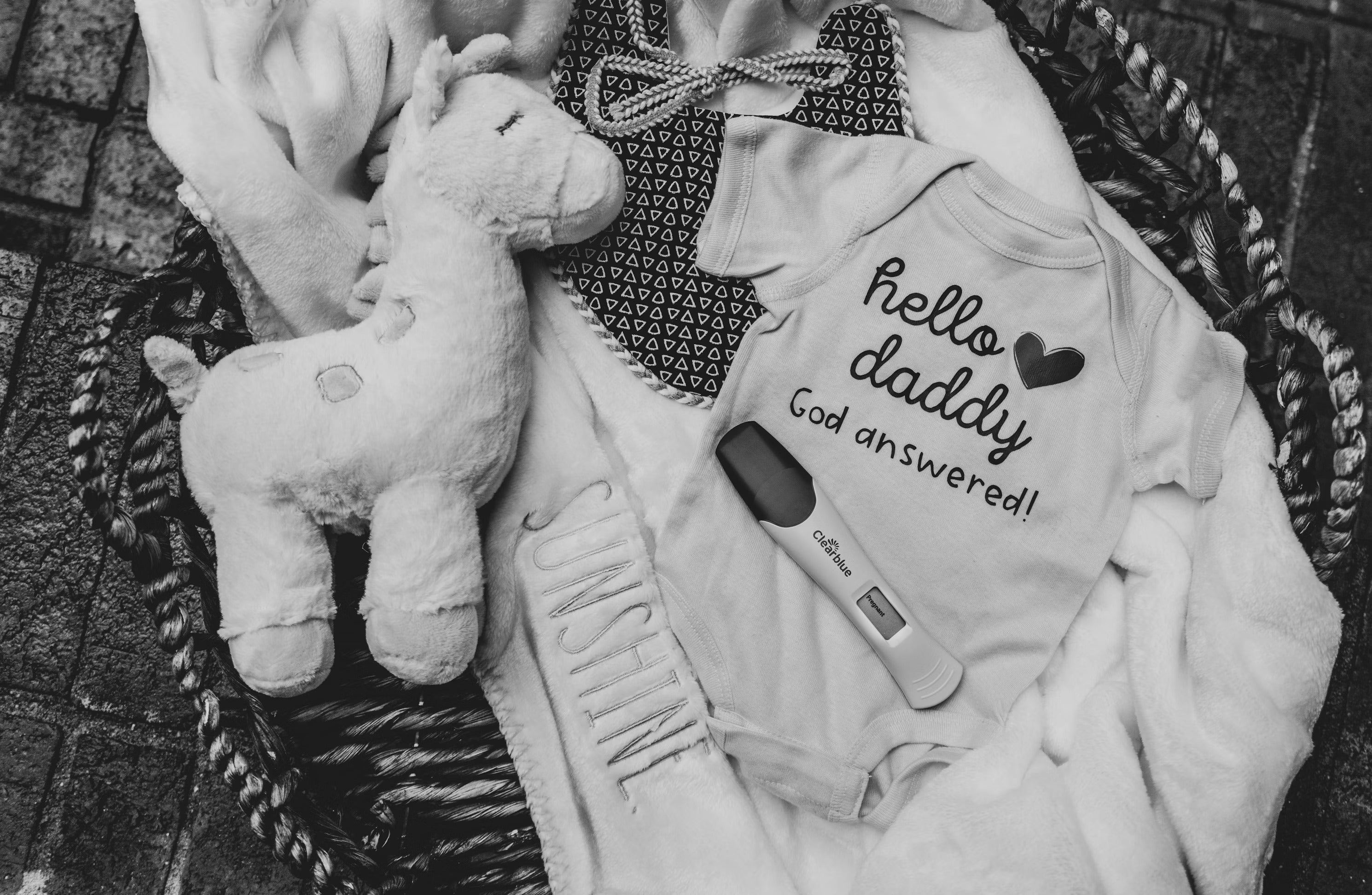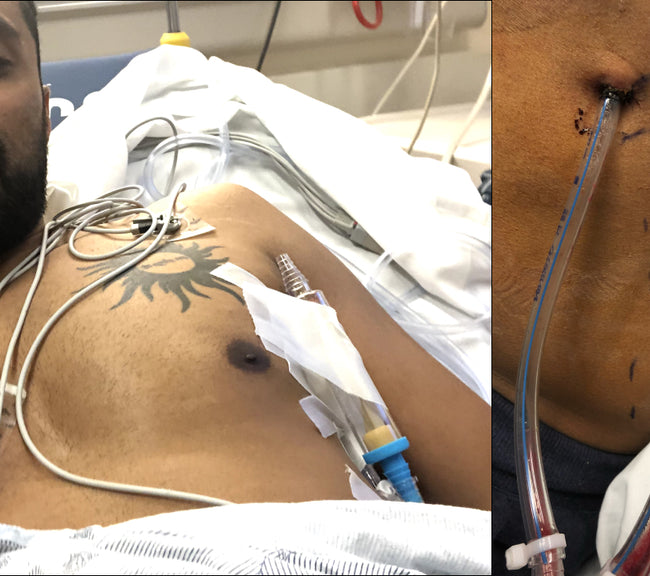A pregnancy test looks like a tiny plastic stick, but it can carry a large amount of emotional weight. Whether it’s the hope of becoming a parent or the anxiety of an unplanned pregnancy, test results are observed with fear and trepidation or hope and happiness. But what exactly are pregnancy tests, when should you take one, and how do they work? Understanding them could save you a whole lot of trouble in an either exciting (or stressful) time.
How Do You Know If You Are Experiencing Pregnancy Indicators, Or If You Are Simply Going Through Hormonal Changes?
When it comes to pregnancy, the first few weeks can be full of questions and mixed signals. You might start noticing subtle changes in your body—like fatigue, nausea, or heightened sense of smell—that make you wonder if you're expecting. These early pregnancy symptoms can feel like a powerful signal, but are they enough to confirm pregnancy, or should you rely on a test for a definitive answer? Fear not, in this article, we’ll be covering everything that you need to know about pregnancy tests.
Before Taking the Pregnancy Test, You Should Know What the Indicators of Pregnancy Are
Missing periods: If you are planning to become a mother, and your period is delayed by a week or more, you might be pregnant. You could confirm by taking a pregnancy test. However, a missed period could be misleading as an indicator and might be due to an irregular menstrual cycle.
Tender breasts: Early in pregnancy, your breasts may feel sensitive and sore because of hormonal changes. The discomfort may decline a few weeks after your body starts adjusting to hormonal changes.
Nausea (with or without vomiting): Nausea or morning sickness is another symptom you should consider. Despite being called “morning sickness,” you might experience it at any time of the day or night, and you may often feel it one to two months after conception. While the reason behind nausea during pregnancy isn't always clear, pregnancy hormones might play a role.
Increased urination: You might also find yourself urinating more often than usual. The amount of blood in your body increases during pregnancy, making your kidneys process more fluid that ends up in your bladder.
Fatigue: Fatigue is also one of the earliest pregnancy symptoms, but the reason behind sleepiness during the first trimester of pregnancy is not clear. A rapid rise in progesterone might cause fatigue.
Moodiness: Because of the flood of hormones in your body during early pregnancy, you may feel unusually emotional and weepy. Mood swings are common during this time.
Bloating: Hormonal changes may also cause you to feel bloated. The feeling might be similar to the one at the start of a period.
Constipation: Hormonal changes may also slow down your digestive system, causing constipation.
Food aversions: Pregnancy might make you more sensitive to certain odors and change your sense of taste. Like many other pregnancy markers, this one can also be attributed to hormonal changes.
How Do Pregnancy Tests Work?
Regardless of whether you are trying to conceive, or if you are worried that your birth control didn’t work, a pregnancy test can help you confirm it. However, taking the test too soon might give you a false result. Usually, pregnancy tests test your urine for the HCG hormone. However, the specific method to collect urine depends on the kit you choose. Some of the different methods to collect the urine sample include:
- Collect your urine in a cup. After that, submerge a testing stick into the cup containing the liquid.
- Collect your urine in a cup, and use an eyedropper to move a small quantity into a container.
- Place the testing stick into the area from where you urinate so that it will catch the expelled urine midstream.
Once the waiting time stated in the test instructions has passed, the result will be displayed in one of the following ways:
- The color of the result indicator changes.
- Symbols, in the form of plus or minus.
- Lines.
Most tests will provide the result within a few minutes.
How Accurate Are Home Pregnancy Tests?
While home pregnancy tests claim high degrees of accuracy, they differ in their ability to confirm a pregnancy in people who recently missed a period. In case you think you are pregnant despite a negative test result, take another week after your missed period, or consult your health care provider.
Is It Possible That a Positive May Be Wrong?
In rare cases, you may get a positive result from a home pregnancy test even when you're not pregnant. Such cases are referred to as false positives. These may occur due to several factors. A test soon after consumption of a fertility medicine containing HCG might also give a false-positive if you take a pregnancy test. Menopause and ovary problems might also lead to a false-positive result.
Is It Possible That a Negative Result May Be Wrong?
When a home pregnancy test result gives a negative result even if you are pregnant, it is known as a false negative. You may get a false negative if you:
- Take the test too early
- Check the results too soon
- Test later in the day rather than immediately
Follow These Steps Based on the Test Results
Positive or mixed results in multiple tests: Book an appointment with your health care provider. A blood test or ultrasound might confirm the pregnancy. The sooner a result is confirmed, the better.
Negative: If your period doesn't begin, test again in a few days or one week. It is imperative to do this in case you took the test before or right after a missed menstrual cycle.
If negative test results continue, but your period doesn't occur: Consult your health care provider, who may prescribe a blood test to check for pregnancy. Certain health complications may cause your periods to be missed. In case you're not pregnant, doctors can help you find out the reason behind the irregularity. Being patient and not going down a rabbit hole is key to prevent anxiety and unnecessary scares.






































